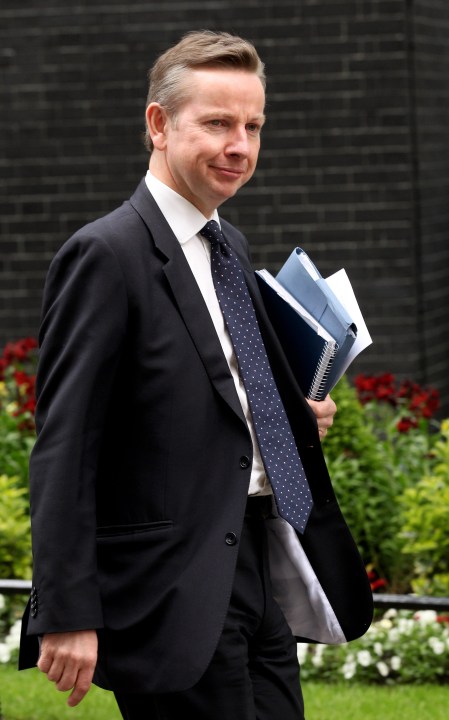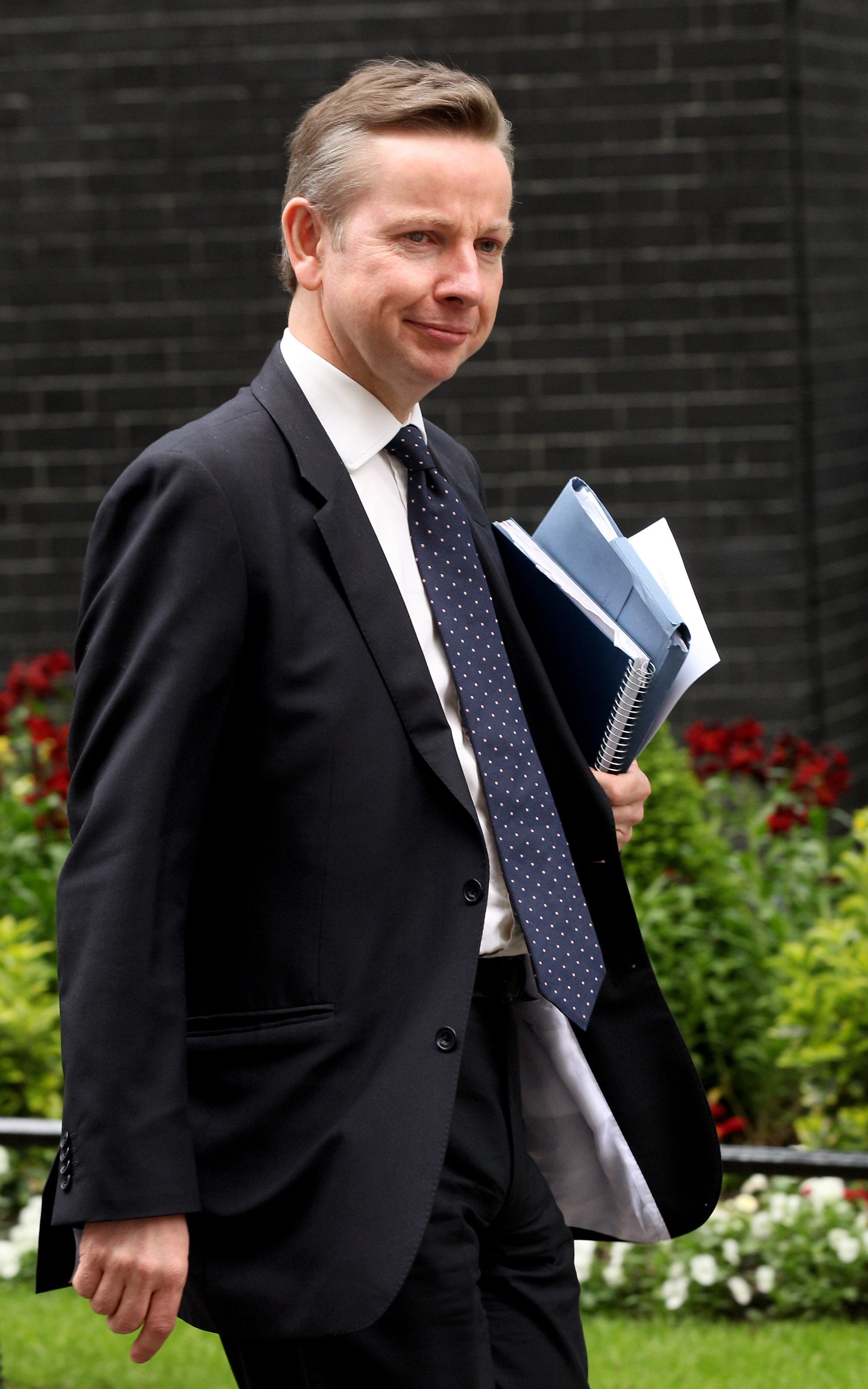 Polly Toynbee was on ‘mute’ on Sky News in my office, the remote
wasn’t working, which is frustrating because I’d love to hear how someone mounts a passionate defence of why local government should have monopoly control of state schools. Very few
things in politics are indefensible, but a system which doles out sink schools to sink estates is one of them. When Michael Gove was a journalist, he described comprehensive education as the
greatest betrayal of the working class. And now, as Education Secretary, he is outlining a system that will give the poor the same choice of schools that the rich have. Who on earth could be
against that?
Polly Toynbee was on ‘mute’ on Sky News in my office, the remote
wasn’t working, which is frustrating because I’d love to hear how someone mounts a passionate defence of why local government should have monopoly control of state schools. Very few
things in politics are indefensible, but a system which doles out sink schools to sink estates is one of them. When Michael Gove was a journalist, he described comprehensive education as the
greatest betrayal of the working class. And now, as Education Secretary, he is outlining a system that will give the poor the same choice of schools that the rich have. Who on earth could be
against that?
Polly, I suspect, would have been able to make a better argument than the teachers’ unions who have today been informing us that parents don’t want these schools. Really? If
that’s true, then no new schools will open. The beauty of the system lies in its simplicity. Giving schools freedom over their budget means that the school gets more money: specifically the
slice of money taken by the local authority bureaucrats. It’s said to be about 20 per cent – the figures are constructed in such a way that no-one can work out the exact figure. And, yes, an
‘unplanned’ system would mean things would be unpredictable: no one could tell where new schools would open, or what type of education they would offer and in what calibre of
accommodation. This prospect is either thrilling or terrifying, depending on whether you are a parent or a civil servant.
What I am looking forward to is the teachers’ unions being told by their members to shut up – as they were in Sweden. For it is the teachers who stand to gain the most from this. A free
school would be able to pay their teachers what they want: great, talented, hard-working teachers could be paid proper salaries. Hero heads could get well into six figures. Bureaucrats like shiny
new buildings: parents like quality of tuition. So Balls is right: money will come out of his ‘Building Schools for the Future’ fund – and under the free school system it will be
allocated according to the priorities of parents. That means giving it to the very best teachers. The Swedish experience shows that teachers are better-paid in ‘free schools’ and enjoy
their working conditions far better, as they are freed from a bureaucracy.
I have heard Polly’s argument often: she believes in a planned system, and talks about social segregation etc. and the regressive effects of a free market in education. The reverse will
happen. Right now, the quality of state education that pupils get depends almost entirely on whether they live in expensive houses within a posh catchment area or not. Don’t think for a
minute that parents in the best state schools have not paid for their education: they have, in the extra the pay for their house. Nowhere (apart from protection from crime) does the money spent on
behalf of the poor buy them so much less than money spent on behalf of the rich. The market does not discriminate in that way. Gove’s profit-seeking schools will open where demand is greatest
(by definition, in the areas where dissatisfaction with local schools is the highest). As even the Swedish left accepted, the profit motive is the surest guarantor of social justice.
Will it take money away from “schools”? Only if they are unable to persuade pupils to stay there. The money follows the pupil: this simple concept means the education system will kowtow
to the parent, not the bureaucrat or the union. And that is why the local authorities and unions hate this system so much. The Gove reforms represent a massive transfer of power from bureaucracy to
individual, from state to the society. And the vested interests who will lose power are complaining long and loudly right now. The louder they protest, the surer one can be that Gove is on the
right path.
Gove’s plans today are the real McCoy. He has not given any concession that I can see. It is crucial that he does not let his Bill become hijacked as it passes through parliament, in a way
that makes it vulnerable to the wrecking efforts of local authorities or EU Directives. Saying that a school company can only make profit as a contractor, for example, means it might fall foul of
the EU Procurement Directive, and have to compete with its rivals to run a school after it did all the legwork finding the location and rallying the parents. The enemies of school reform use the
courts, as well as parliament, and any amendment inserted into the Gove formula could make it vulnerable to such an attach. As we say in The Spectator leader tomorrow, this is why the next few
weeks are so important to Gove. Blair had a great education policy launch day, the famous introduction to his white paper. State schools, he announced, could be independent. This was shot to pieces
in parliament as the enemies of parent power got to work. They will be at work now, and Gove will have to watch like a hawk to spot any attempt to spoil his legislation.
Properly-drafted, the Gove education reform could be the single most powerful piece of legislation passed by the coalition government. There are thousands of parents, desperate for a better choice
for their child. There are scores of new school providers, queuing up to provide them with that better education. Gove is simply proposing to get government out of the way – and let the
people do the rest.
 Fraser Nelson
Fraser Nelson
Gove must guard against the vested interests







Comments